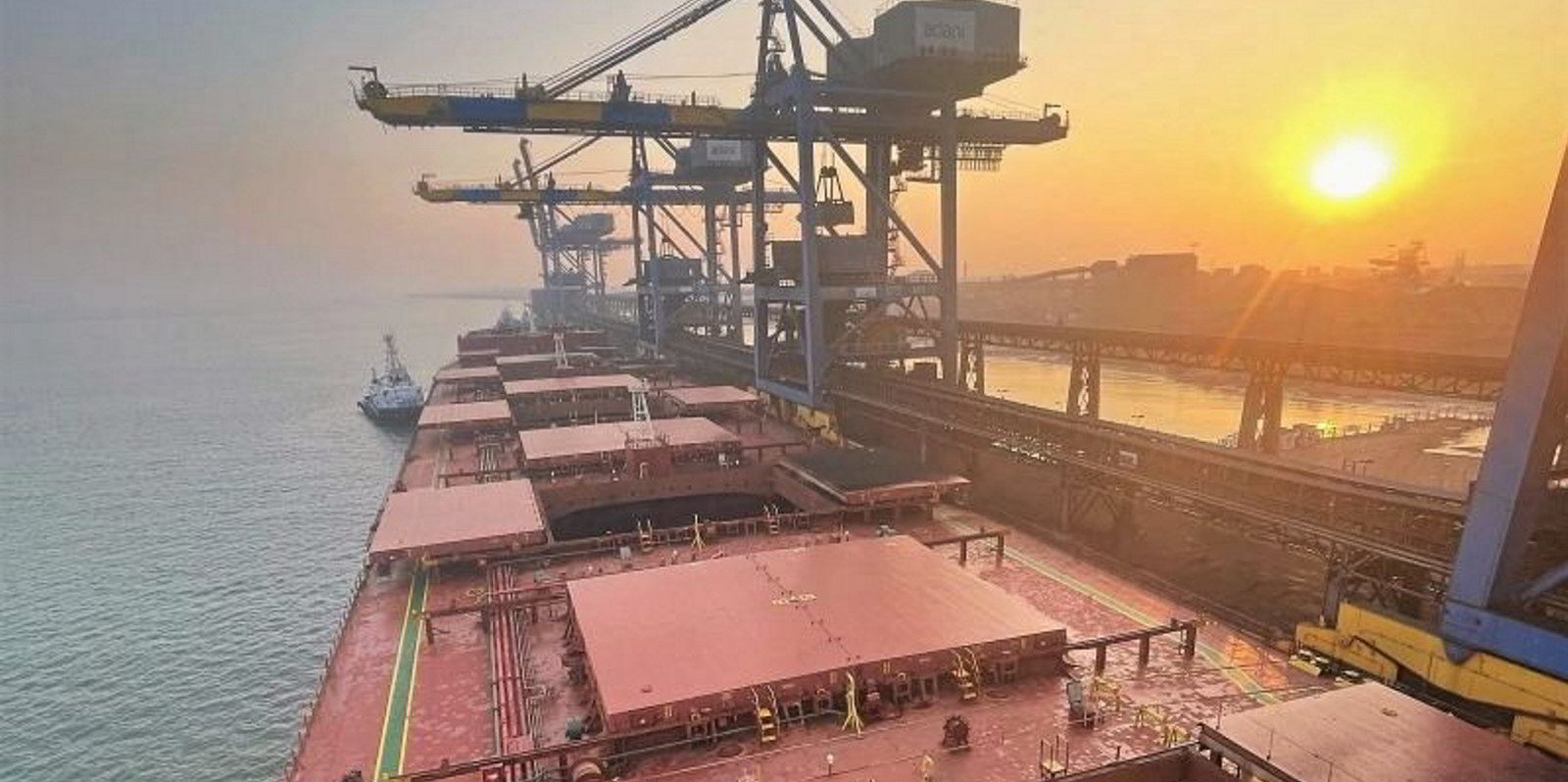The capesize bulker market is in a better place than it was a week ago, signalling China may start replenishing relatively low iron ore stockpiles, an analyst said.
The Baltic Exchange’s Capesize 5TC, a basket of spot-rate averages across five key routes, has risen 6.9% over the past seven days to nearly $29,500 per day despite pulling back in the past two days.
On Friday, Jefferies analyst Omar Nokta pointed to data by Chinese metal market intelligence firm Antaike showing that the country’s iron ore stockpiles had fallen below 100m tonnes for the first time since September 2020.
It slipped to 96.5m tonnes this week, down from 101m tonnes last week and a high of 129m tonnes earlier this year. It peaked at 144m tonnes in February 2022 and mainly ranged between 115m and 125m tonnes from mid-2022 to mid-2023, Nokta wrote in a note.
“However, stockpiles have been unwinding materially in recent weeks,” he said.
“The recent upswing in capesize rates, supported by increased China-bound iron ore cargoes, suggests Chinese buyers may be looking to replenish inventories.”
Three unnamed capesizes were hired on Thursday to take 170,000-tonne loads of iron ore from Australia to China, according to the Baltic Exchange.
Rio Tinto fixed two of them at between $10.65 and $10.80 per tonne, while Oldendorff Carriers hired Danaos Shipping’s 176,000-dwt Integrity (built 2010) at $10.80 per tonne.
All three ships are scheduled to be loaded in the first week of November.
These freight rates were slightly higher than what miners paid a week earlier.
On 12 October, Rio Tinto paid $10.30 per tonne to have an unnamed newcastlemax carry 190,000 tonnes on that route and $10.40 per tonne to get an unnamed capesize to ship 170,000 tonnes.
Rio Tinto paid $10.40 per tonne on the following day to hire an unnamed capesize to send 170,000 tonnes of the commodity between these two points, Baltic Exchange data showed.
Tight supply in the North Atlantic also boosted the capesize market last week, but less fixture activity in the Atlantic and Pacific basins caused the 5TC to fall later in the week after breaking $30,000 per day, Baltic Exchange analysts said on Friday.
“The second half of the week was slower across both basins in general,” they wrote in their weekly wrap-up of the dry bulk market.






